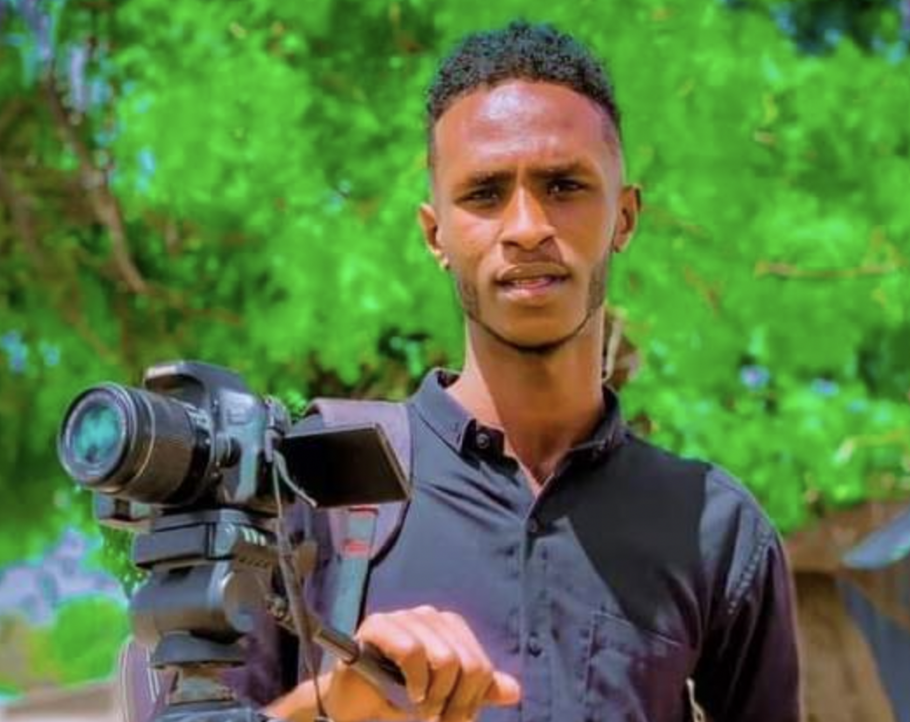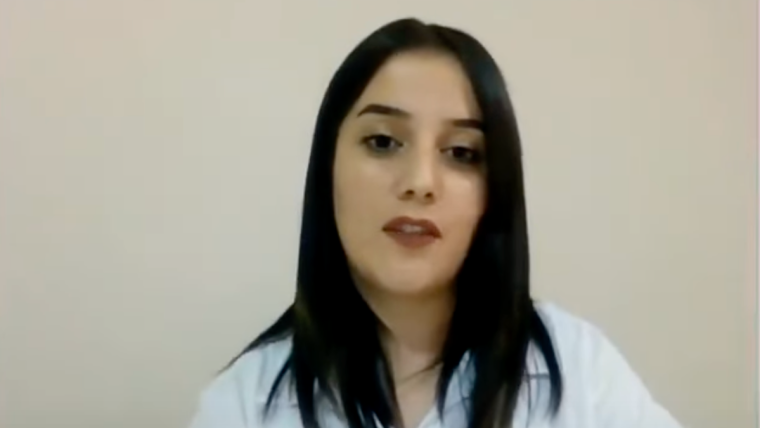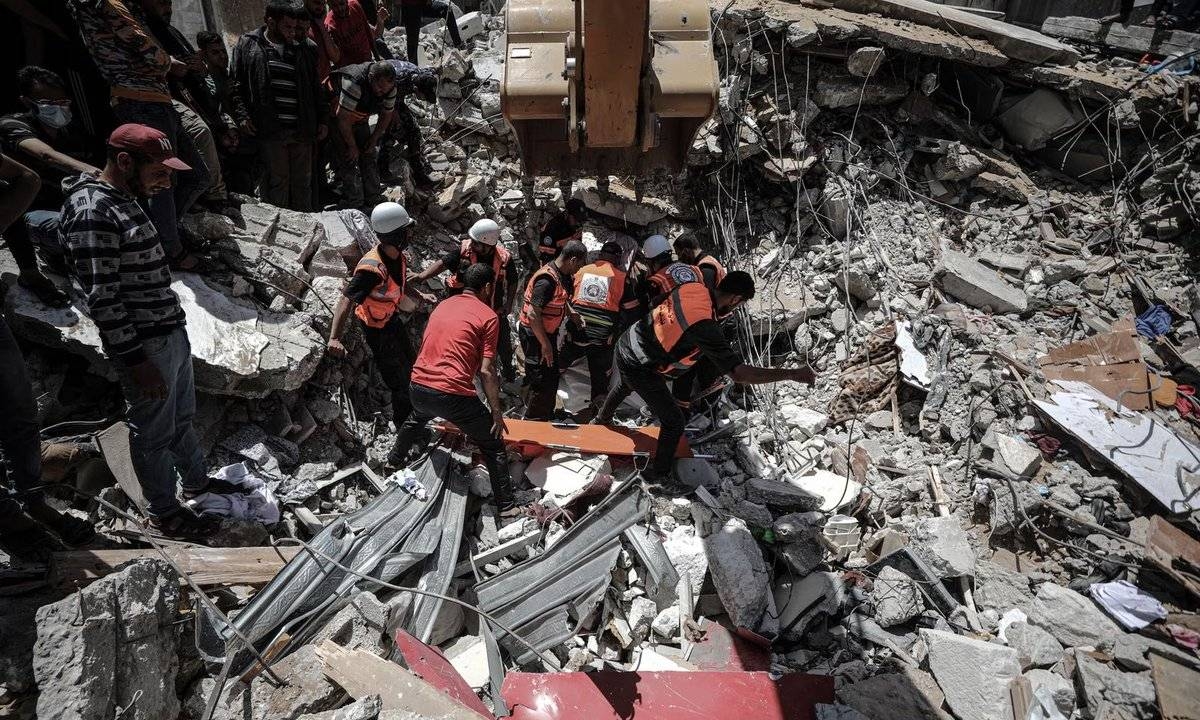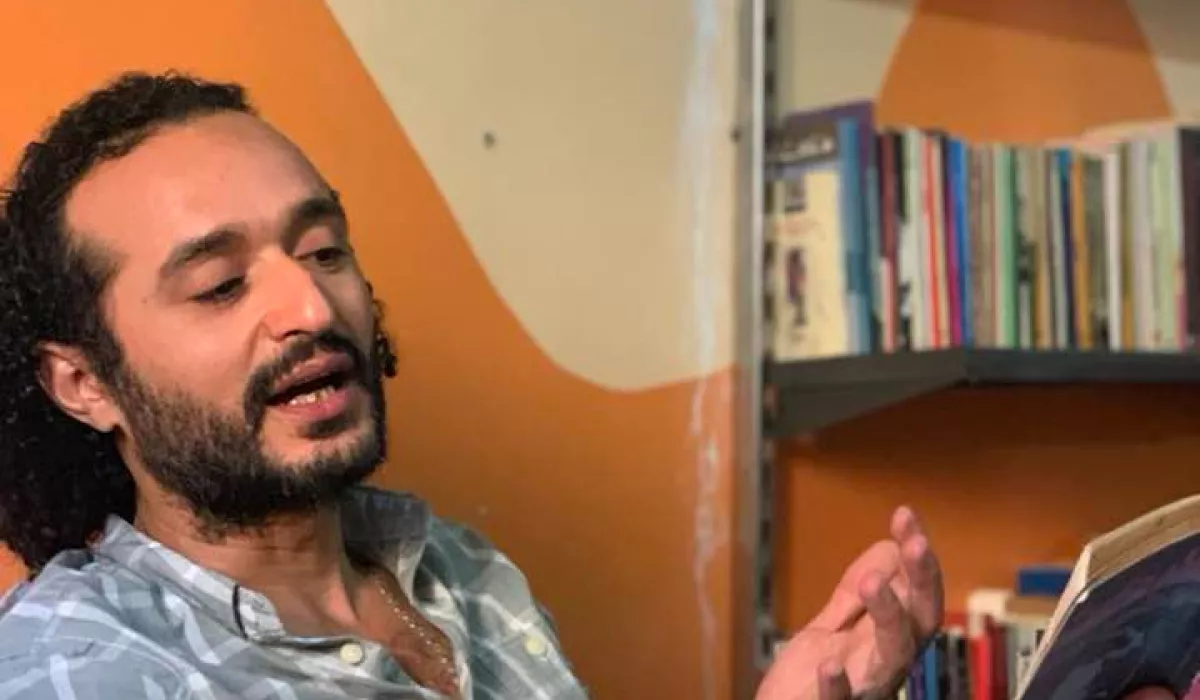
Indian TV Journalist Salman Ali Khan Gunned Down Calls for Justice Intensify
September 23, 2024
Somalia Must End Impunity for Crimes Against Journalists
September 23, 2024September 23, 2024 – Kurdistan/Turkey –
Turkish authorities have launched a formal investigation into Kurdish journalist Rabia Önver, accusing her of “publicly spreading disinformation” after she reported on alleged corruption, narcotics trafficking, and prostitution involving officials in Hakkari province. The case marks a troubling escalation in the Turkish government’s use of its 2022 disinformation law to suppress independent journalism.
On September 20, 2024, police reportedly raided Önver’s home in Hakkari under a prosecutor’s warrant, confiscating digital equipment and seeking her arrest, though she was not present at the time. The investigation was triggered by her reporting for JINNEWS, which detailed a criminal network allegedly linked to local law enforcement and judicial authorities.
The Committee to Protect Journalists (CPJ) condemned the raid, urging Turkish authorities to drop the case and cease intimidating journalists via house searches. Özgür Öğret, CPJ’s Turkey representative, described the move as “completely unjustified,” warning that it epitomizes how disinformation laws are weaponized to stifle investigative journalism.
Women in Journalism also denounced the raid in an alert on September 23, highlighting how it targets a female Kurdish journalist exposing criminality involving state-linked actors. They demanded that the charges be dismissed immediately.
Reports suggest that Önver’s allegations extended to a prostitution and drug trafficking ring involving officials, and that complaints may have been retracted under pressure. The state’s choice to target her rather than the alleged perpetrators reflects a stark inversion of justice.
Observers note that Turkey has increasingly employed its disinformation law—introduced in 2022—to silence dissent, imprison activists, and silence critical press, especially those covering corruption and human rights violations. Critics argue it’s being used to suppress uncomfortable truths rather than falsehoods.
This case highlights a troubling trend in Turkish media repression. When journalists like Rabia Önver expose wrongdoing—particularly in Kurdish and marginalized communities—the response is legal harassment instead of accountability. Press freedom advocates insist the charges be dropped and her rights upheld, underscoring that a healthy democracy requires journalists to work free from fear of reprisal.
Reference –




